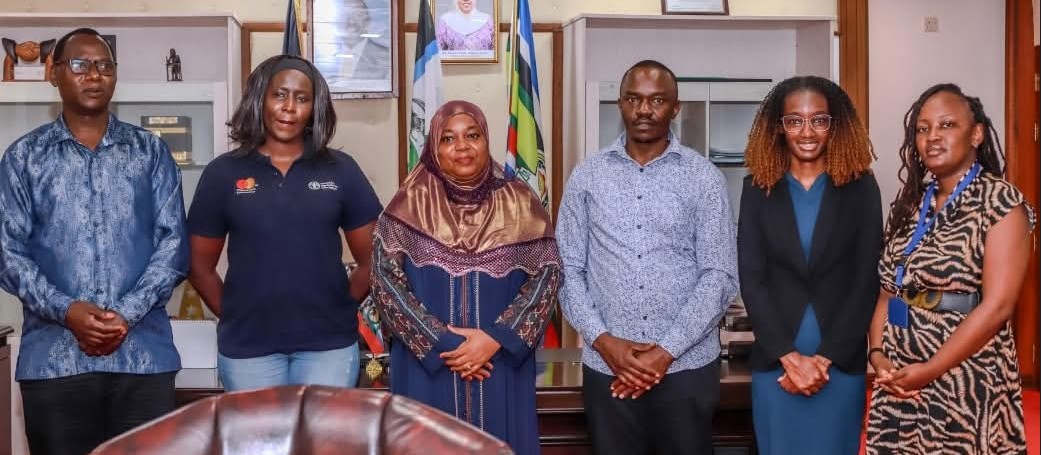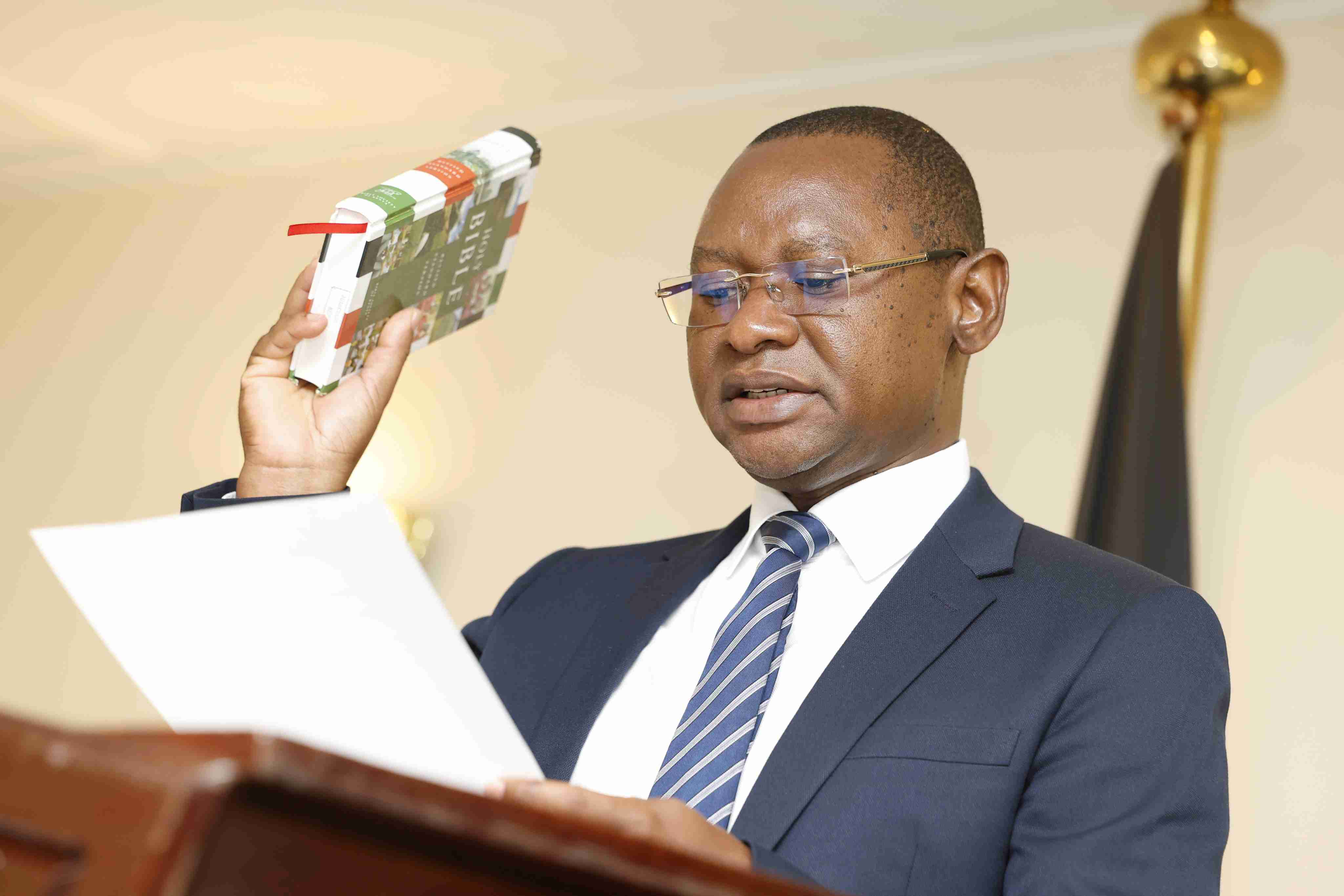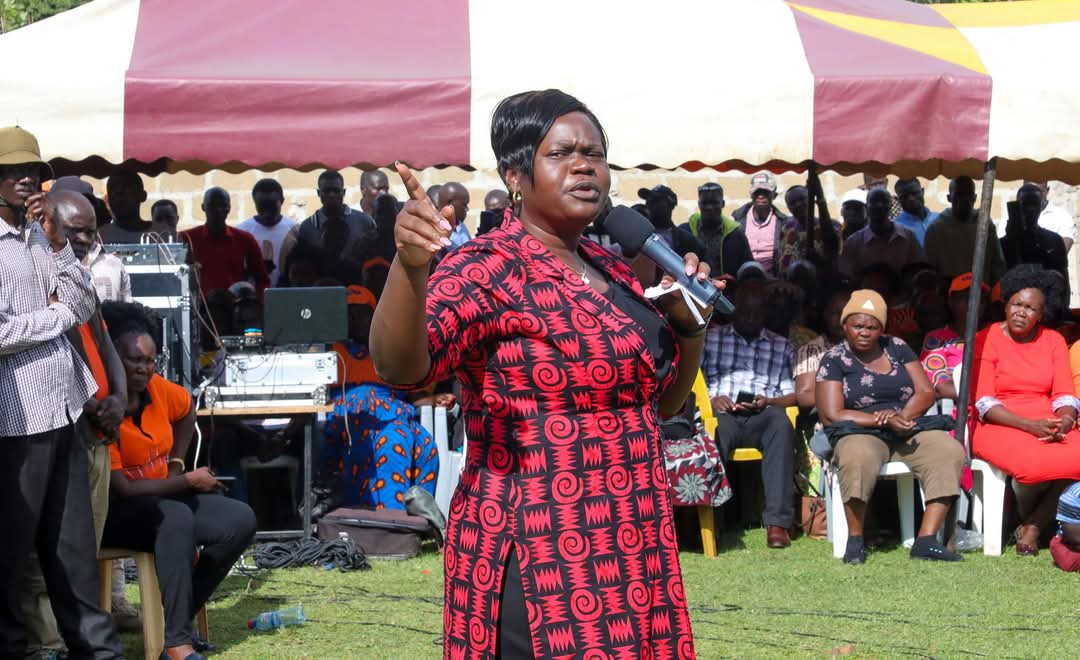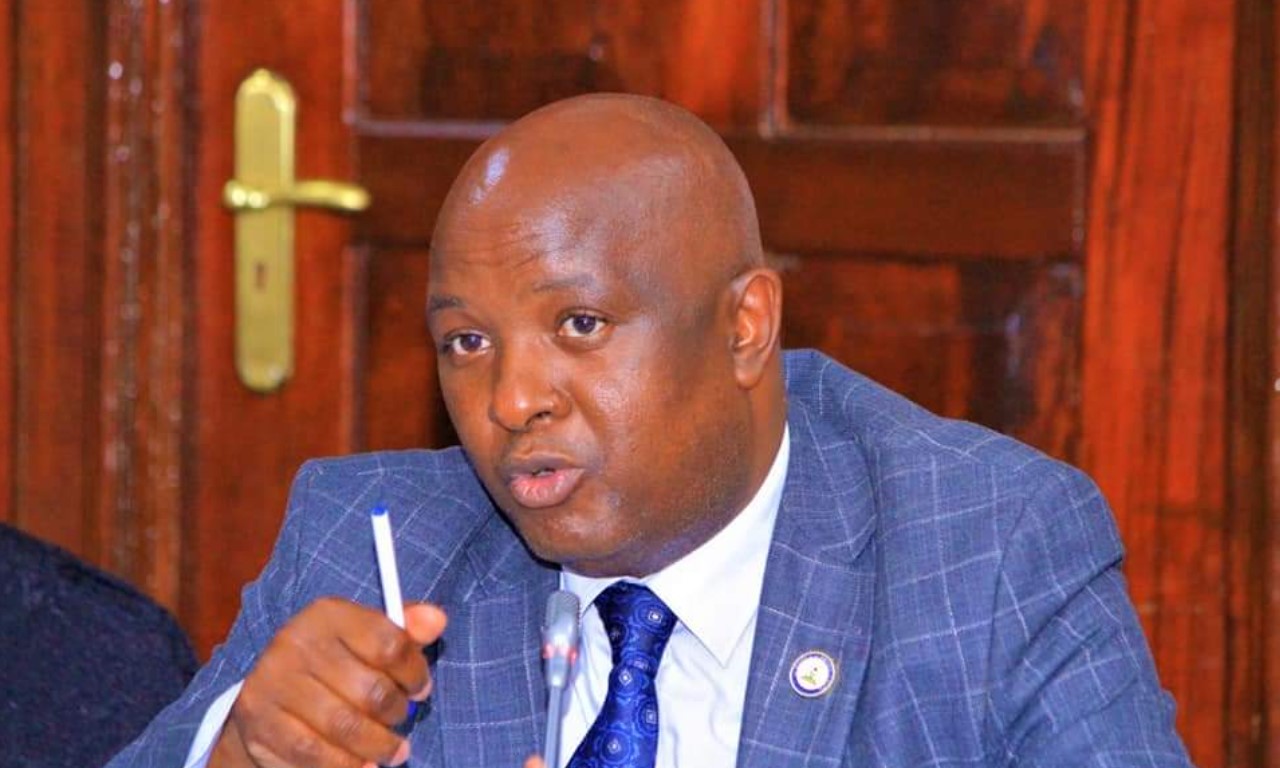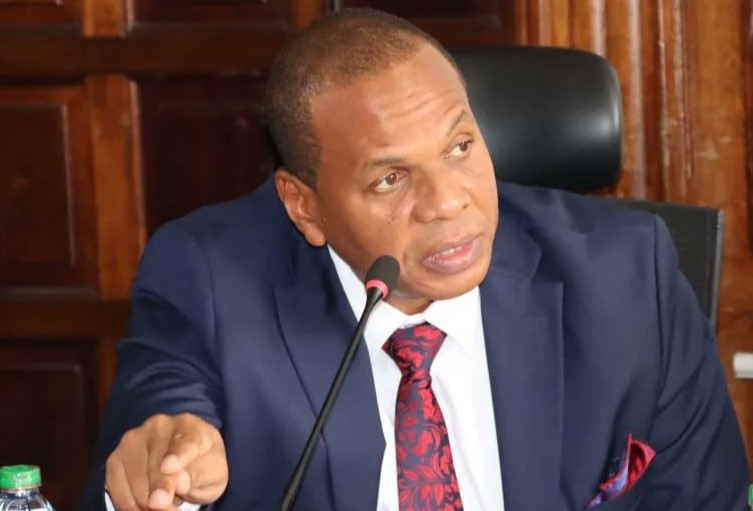Speedy regulations needed to propel Kenya’s carbon market, experts advise

As global demand for carbon credits increases, experts have argued that marginalised communities are well placed and strategically located to engage in projects that reduce greenhouse gas emissions.
Kenya has the potential to earn billions of dollars from the global carbon credit market but needs to finalise the necessary regulations to unlock that potential.
This is according to local and international experts who spoke recently at a high-level sustainability forum in Nairobi, hosted by the Diamond Trust Bank, dubbed 'DTB's fourth Sustainability and Economic Forum.'.
More To Read
- What’s at stake in the COP30 negotiations?
- Major global emitters off track, no country strong enough to meet climate targets - report
- African activists rally and challenge COP30 agenda
- Ethiopia hosting COP32 a ‘win for the Horn of Africa’, IGAD says
- Power utilities raise clean energy investment plans by 26 per cent in major Net Zero push
- Kenya, EU ink Sh4.8 billion deal on environment and climate protection
Although Kenya was the first African country to enact the Climate Change Act in 2016 to combat climate change, it amended the law in 2023 to incorporate carbon markets and published the initial set of regulations in May 2024.
The speakers nonetheless stressed the need for extra efforts towards the realisation of the opportunities in the carbon market for Kenyans.
This is arguably to the benefit of rural marginalised communities most, by providing them with new sources of income and promoting sustainable practices.
As global demand for carbon credits increases, experts have argued that these communities are well placed and strategically located to engage in projects that reduce greenhouse gas emissions, such as reforestation and sustainable agriculture.
Some have argued that by participating in carbon markets, they could earn financial compensation for preserving forests and adopting environmentally friendly farming techniques, leading to enhanced livelihoods and economic resilience.
Moreover, the funds generated from carbon credits could be reinvested into local initiatives that improve infrastructure and access to essential services.
This could include building schools, enhancing healthcare facilities, and developing clean energy solutions.
By channelling resources into these vital areas, carbon markets could help break the cycle of poverty that many rural communities face, ultimately leading to a more sustainable and equitable future.
Additionally, participation in carbon markets could empower these communities by giving them a voice in environmental stewardship.
As they manage their natural resources responsibly, they also gain recognition and respect within broader climate action dialogues.
This engagement fosters a sense of ownership and pride, encouraging communities to advocate for their needs and priorities while contributing to global climate goals.
A section of experts during the forum therefore noted that to realise the aforementioned benefits, speeding up the enactment of the needed regulations to enable financial institutions to hold potential borrowers to a standard as they seek to invest in the nascent sector is one key focus area.
Paul Muthaura, the CEO of the Africa Carbon Markets Initiative, said Kenya can use its position as a leader in technology and digital systems in Africa to lead the continent in carbon trading.
"We now have a fairly solid legal framework. The law is only the first step, and with robust public participation, we can truly live up to our potential," Muthaura said.
On his part, Dr. Jackson Koimburi, head of the Circular Economy and Climate Change at the Kenya Private Sector Alliance (KEPSA), said a set of challenges are making it difficult for small and medium enterprises to gain from the carbon market.
He cited a lack of awareness and capacity, high transaction costs, regulation and policy caps, and market volatility, where the price per tonne of carbon dioxide of its equivalent varies amongst buyers, as among the factors holding businesses back.
"Unscrupulous buyers, evident in the price variations, and the upfront costs before an investor can enter the carbon markets have also deterred interested parties, Koimburi said."
"Carbon markets are a low-hanging fruit compared to traditional investment routes, but there is still more that needs to be done."
Clarice Wambua, an environmental lawyer and consultant at Cliff Decker Hofmeyer, said much of the work that needs to be done to get the carbon market going is within the government.
With the amendment to the law, the Act needs four other regulations to become fully effective, she noted.
"Among them are the technical infrastructure committees' regulations to establish the national carbon registry and carbon trading regulations."
Reshma Shah, Lead for Carbon Markets at FSD Africa, said the majority of carbon credits issued in Sub-Saharan Africa in 2023 were from forestry (50 per cent) and land use (40 per cent).
She, however, explained that the region faces challenges such as complex regulatory environments, verification and reporting, market volatility, initial costs and investment, project selection and visibility, reputation and credibility risks, integration with business strategy and limited awareness and knowledge.
International lender the World Bank also recently noted in its 'State and Trends of International Carbon Markets' report that the current carbon market landscape is in bad shape.
This is as the rollout of a harmonised carbon trading system progresses across key regions.
In the report, the lender notes that much needs to be done, particularly in developing nations like Kenya.
"The still existing gaps will compel emerging markets to face extended timelines in coming up with a well-designed framework for trading," the World Bank says.
Top Stories Today
